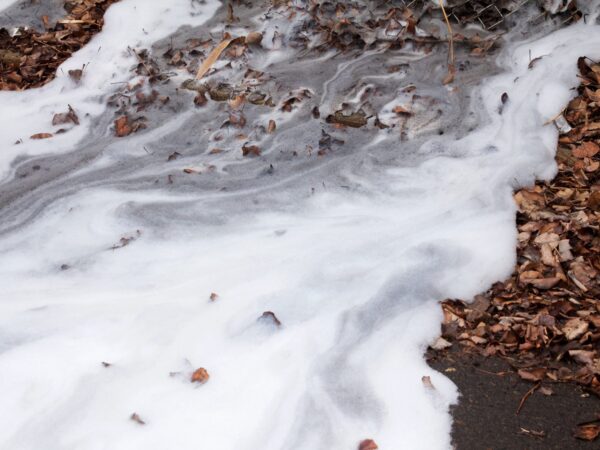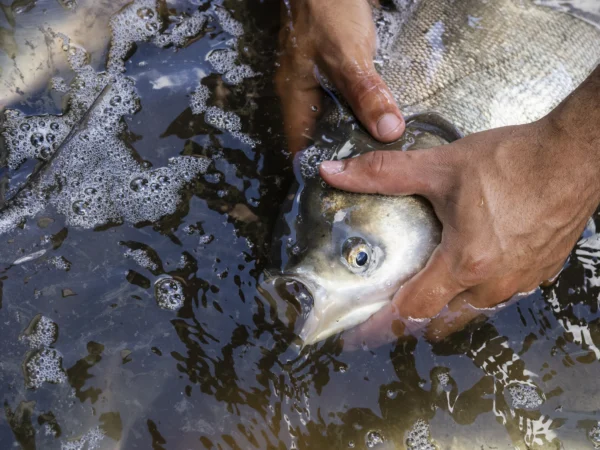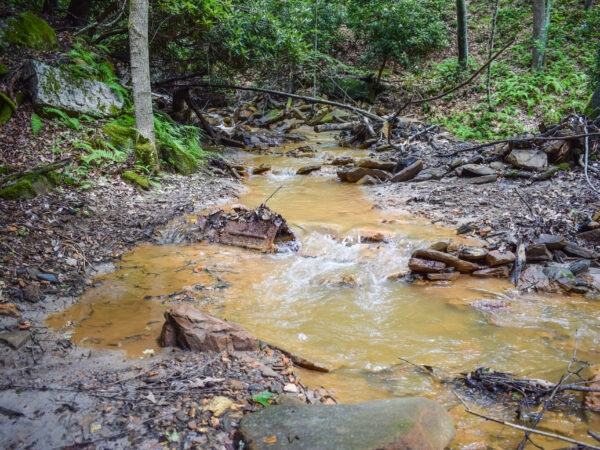
How do you protect water quality, public health and the environment when much of society comes to a near full stop with no notice?
That was the dilemma for regulatory agencies in March when the realities of the COVID-19 virus caused businesses and schools to close, factories to cease or drastically modify operations, travel to be restricted and office workers to scramble to set up makeshift workspaces in their homes.
Responsibility for environmental protection is shared. The U.S. Environmental Protection Agency leads the way and has some direct authority over the states. Each state has agencies that follow the EPA model but whose operations are customized to the state’s needs.
On March 26, U.S. EPA took the first step in the balancing act to continue to protect the environment during COVID-19 and still be cognizant of the associated risks to its staff and workers in factories in states and municipalities.
Their solution was enforcement discretion. And despite initial pushback, many states chose to implement similar policies.
In a memorandum addressed to “All Governmental and Private Sector Partners,” the EPA announced it would exercise “enforcement discretion” on a temporary basis during the pandemic.
It was not meant to be a free pass to disregard regulations, but it provided a mechanism, at the EPA’s discretion, for entities to be temporarily in non-compliance with regulations.
While the regulated community welcomed the potential of relief, the EPA’s action was met with pushback from a number of states including five from the Great Lakes region: Illinois, Michigan, Minnesota, Pennsylvania and Wisconsin.
Attorneys general from the states expressed concern in a letter to EPA Administrator Andrew Wheeler that the enforcement discretion policy would curtail “enforcement of our nation’s bedrock environmental and public health laws.”
The letter included particular concern for low-income people and minorities who may be impacted by the policy.
The attorneys general called for the EPA to rescind the enforcement discretion policy and said that “we will continue to enforce our state environmental laws in a reasonable manner, and stand ready to hold regulated entities accountable under critical federal environmental laws if EPA will not.”
In its memorandum, the EPA said the states could take a different approach on enforcement under their own authorities.
The EPA said the policy was conditioned on entities making “every effort to comply with their environmental compliance obligations.”
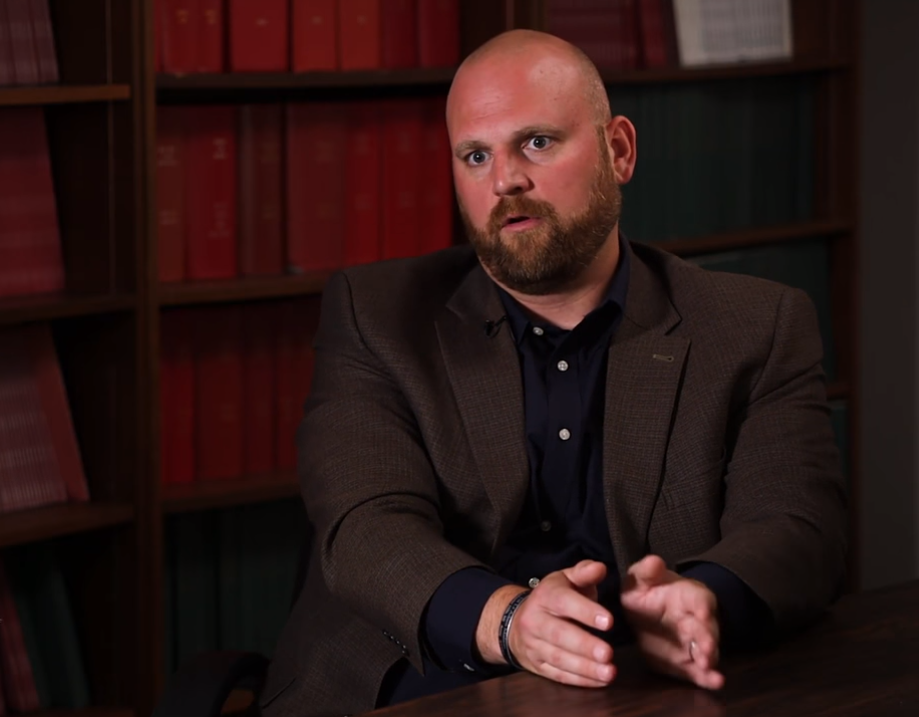
Nick Schroeck, Environmental Law Professor, University of Detroit Mercy (Photo by Great Lakes Now)
Agency use of enforcement discretion was an understandable response in the early days of the pandemic but not as a blanket exemption, University of Detroit Mercy environmental attorney Nick Schroeck told Great Lakes Now.
“At this point, facilities should have plans in place aimed at limiting infection of essential staff and have redundancies built in so that if some staff does get sick, others are available to keep pollution control technology running at essential facilities,” Schroeck said.
The EPA’s enforcement discretion policy was terminated on Aug. 31.
Great Lakes Now canvassed the region to determine how each state was dealing with enforcement while coping with the limitations of COVID-19.
Illinois
Illinois EPA did not adopt a formal enforcement discretion program but released a compliance expectations statement that said all regulated entities are expected to take every possible step to ensure compliance with environmental requirements.
The agency did provide for enforcement discretion only when a situation was brought on directly by COVID-19 and any request would be reviewed on a case-by-case basis.
Indiana
Indiana has not identified any regulatory requirements that should generally be waived as a result of workforce impacts due to COVID-19, according to a policy statement updated in July that was provided to Great Lakes Now by the Department of Environmental Management.
The statement said if noncompliance was unavoidable and directly related to COVID-19, it could consider enforcement discretion.
Michigan
In early April, Michigan’s Department of Environment Great Lakes, and Energy posted its “Process for Handling Enforcement Discretion Due to COVID-19” on its website.
Regulated entities were expected to maintain compliance with environmental regulations, the announcement stated while acknowledging that there could be challenges that could impact the ability to be in compliance.
To deal with those challenges EGLE established a procedure to accept requests for “regulatory flexibility” that could lead to enforcement discretion.
But EGLE’s quick move to follow EPA’s lead ran counter to the letter the attorneys general sent to EPA Administrator Wheeler. Michigan Attorney General Dana Nessel was a signatory on the letter.
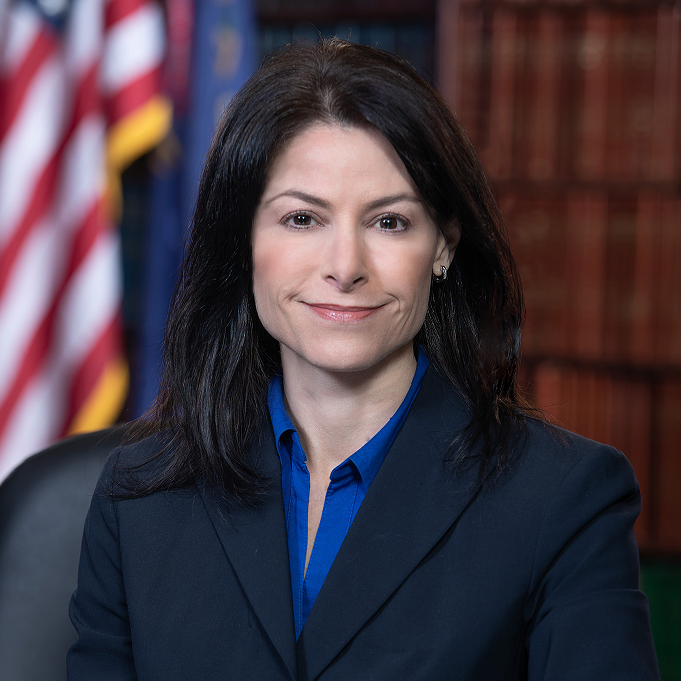
Dana Nessel, Michigan Attorney General
Nessel spokesperson Ryan Jarvi justified EGLE’s decision in an email response to Great Lakes Now.
EGLE’s enforcement discretion program is an example of how EPA should have established its program, according to Jarvi.
“Rather than painting with a broad brush, the Michigan Department of Environment, Great Lakes, and Energy’s policy was transparent and required review and justification for each decision, as opposed to the federal agency’s one-size-fits-all approach,” Jarvi said.
Michigan began a review of its program several weeks ago to determine if a continuation is warranted, EGLE Communications Manager Hugh McDiarmid told Great Lakes Now.
But given the recent surge in COVID-19 cases, they are in a “wait and see” mode on “any potential associated new or re-imposed restrictions going forward,” McDiarmid said.
Most entities in the regulated community adapted to COVID-19 issues and did not need enforcement discretion, according to McDiarmid who characterized most of the requests as for a delay in compliance not an exemption from it.
EGLE received 179 requests for enforcement discretion as of Sept. 30, according to a spreadsheet posted on the EGLE website. That included a request from the Village of Elk Rapids to reduce wastewater monitoring, a request from Crown Enterprises to delay PCB management activities and a request from Dow Chemical to delay payments required by a consent decree.
Dow’s request “cited economic challenges related to the COVID-19 pandemic as the reason for delaying payments,” according to the EGLE document.
“Dow’s request to delay payments was consistent with overall cost reduction efforts of the company,” spokesperson Kyle Bandlow told Great Lakes Now.
The decision to permit Dow to delay payment was not approved by EGLE, McDiarmid said, but is based on an agreement between Dow and the parties to the consent decree.
Minnesota
Minnesota’s Regulatory Flexibility program is still in effect and will continue based on the uncertainty associated with the COVID-19 pandemic, Pollution Control Agency spokesperson Stephen Mikkelson told Great Lakes Now.
The agency received 563 requests for regulatory flexibility through October and granted 531. Most of the requests related to underground storage tanks, hazardous waste and feedlots, according to a graph on MPCA’s website.
“Our full reporting of the program is showing that it’s not just a rubber stamp, and regulated parties are still expected to maintain compliance, and rules and regulations continue to be enforced,” Mikkelson said.
New York
New York is working with the regulated community to maintain protection of public health and the environment during COVID-19, a Department of Environmental Conservation spokesperson told Great Lakes Now.
Requests for non-compliance with regulations would be evaluated and approved when justified.
Ohio
Ohio instituted a regulatory flexibility approach that allowed for enforcement discretion and said it was consistent with the EPA’s program. The program was terminated on August 31 when the EPA ended its program.
Pennsylvania
Pennsylvania’s Department of Environmental Protection told the regulated community that it was expected to comply with all permit requirements but could consider a waiver under certain conditions.
Wisconsin
Wisconsin did not implement a formal enforcement discretion program based on COVID-19 issues, but did offer compliance assistance, according to the Department of Natural Resources website.
The agency said that “all state statutes and regulations remain in effect and all entities should make every effort to comply with their environmental compliance obligations” and was specific to state that it did not adopt EPA’s enforcement discretion program.
Most of the requests related to air quality, hazardous waste and water quality monitoring, according to DNR spokesperson Megan Sheridan. While a few of the assistance requests were denied, most were granted under existing regulatory authority, Sherdan said in an email.
Read more COVID-19 news on Great Lakes Now:
Summertime Spike: Great Lakes parks a source of balm and vexation for many during COVID-19
Drinking Water News Roundup: Illinois COVID-19 shutoff protections, Ontario First Nation evacuation
Another casualty of COVID: testing for lead poisoning in Michigan
Michigan Allocates $20 Million to Relieve Customer Water Debts
House Democrats Ask CDC to Halt Water Shutoffs during the Pandemic
Featured image: In this July 11, 2018, file photo, Environmental Protection Agency (EPA) Acting Administrator Andrew Wheeler speaks to EPA staff at EPA Headquarters in Washington. (AP Photo/Jacquelyn Martin, File)


